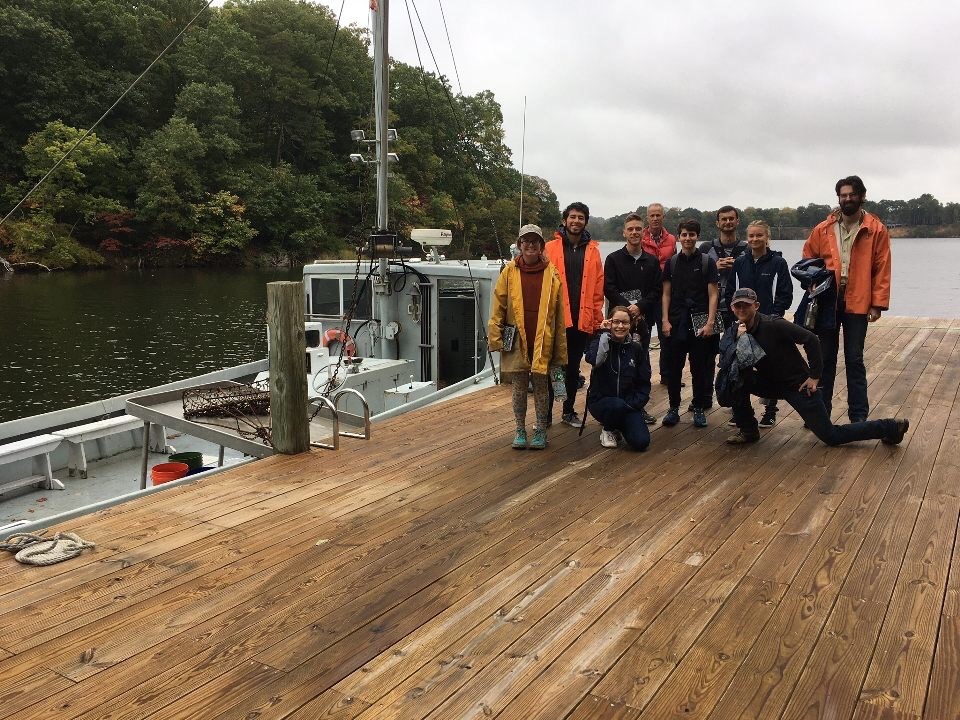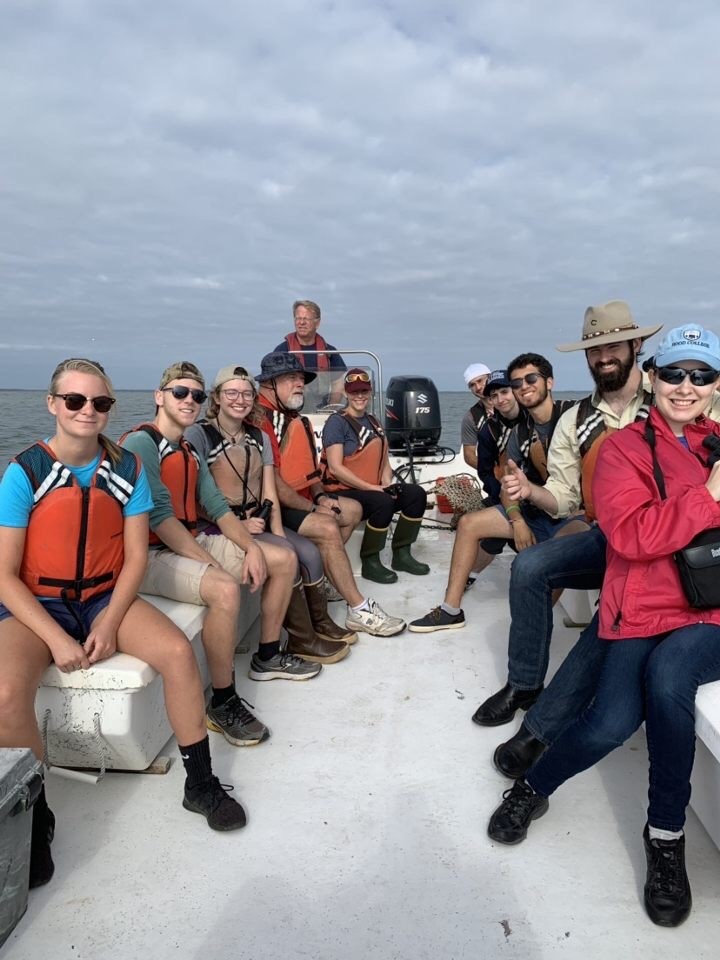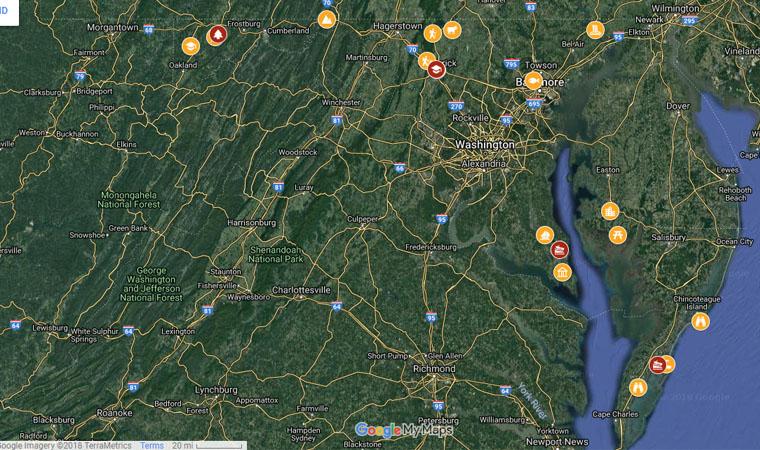
By Dorian Young//
Hood’s Coastal Studies Semester centered on the Chesapeake watershed will take place in the fall despite the ongoing COVID-19 pandemic, according to the program coordinator.
The coordinator, Claire Hudson, said the semester cannot be canceled even if COVID-19 is still a global pandemic present in the fall because there are several Hood seniors who must complete the semester before they can graduate.
If the pandemic is still raging, however, the travel-based portion of the program will simply be altered to coincide with the CDC and Hood’s guidelines, Hudson said.
The Coastal Studies Semester is normally a travel- and experiential-based academic program that’s open to any major, Hudson said.
Hudson said the program usually takes place during the fall semester of every even-numbered academic year. She also stated that there are only two requirements for participating in the semester: successfully completing an English and a lab science course.
Hudson said that there are several benefits to students who participate in the Coastal Studies Semester, including building lifelong friendships, professional connections and a resume.
The semester will also offer Hood students the chance to work with partners from Mount Saint Mary’s University.
Some of the challenges of the program that students face is the shock of traveling on their own for the first time in their lives and the workload required by the program.
Hudson said students interested in participating in the Coastal Studies Semester can do so either as a concentration in their major for environmental science and policy, or as a minor in Coastal Studies.
Hudson said that there will be three main trips during the semester, Monday through Friday. She added that all three trips build onto one another.
The first trip will be to the headwaters of the Potomac River in Western Maryland; the second will be to an ester environment in the Chesapeake Bay near Southern Maryland; the third trip will be to Watchcreek Island off Virginia’s Eastern Shore.
During these trips, students will be exposed to environmental issues and solutions, carry out field labs and experiments that will be used as baseline data for others, and collect and identify organisms, according to Hudson.
“It’s really, I would say, designed for people who want to get into careers that are related to, obviously, the environment, but a good amount of policy too,” Hudson said.





Be the first to comment